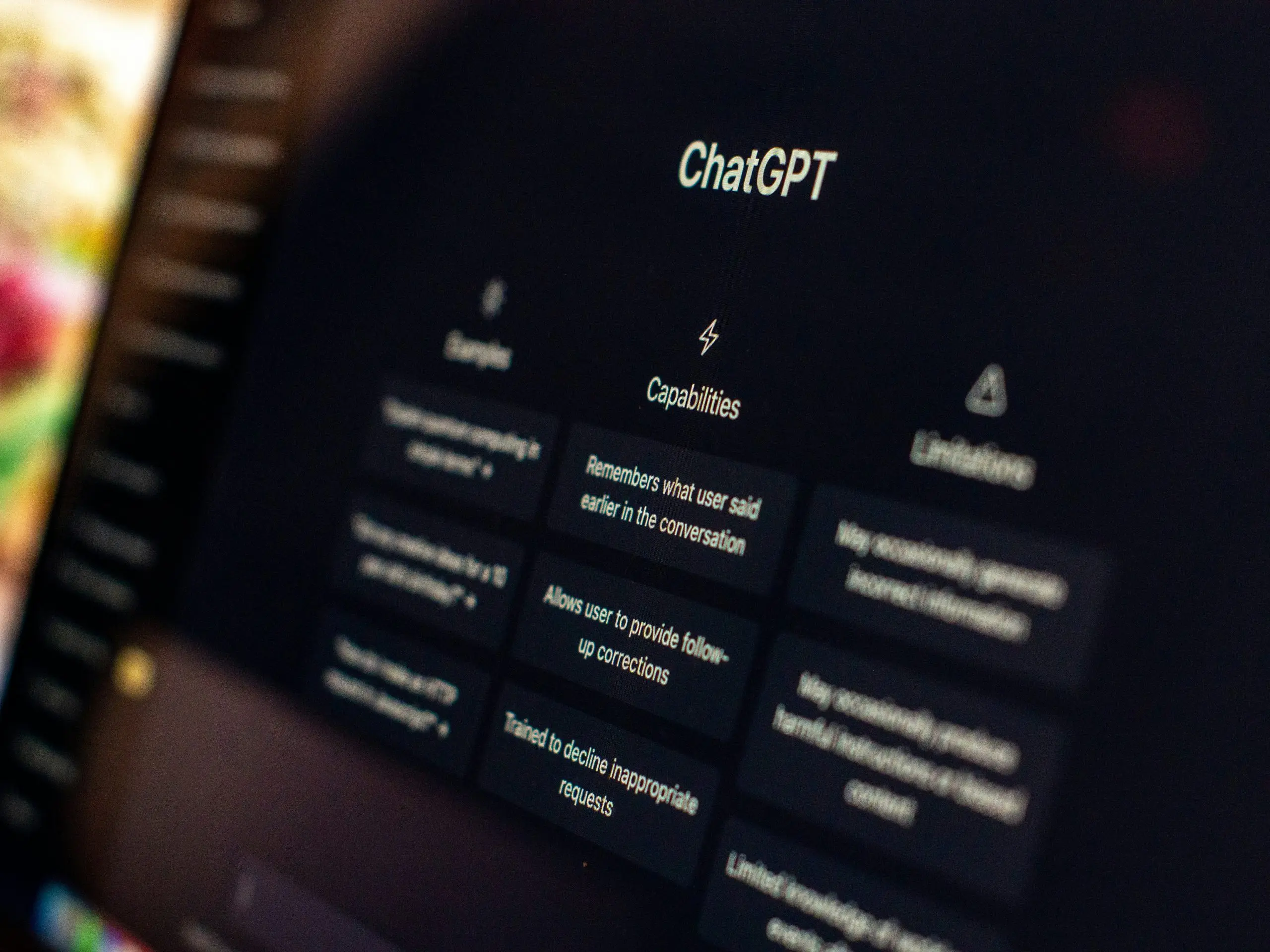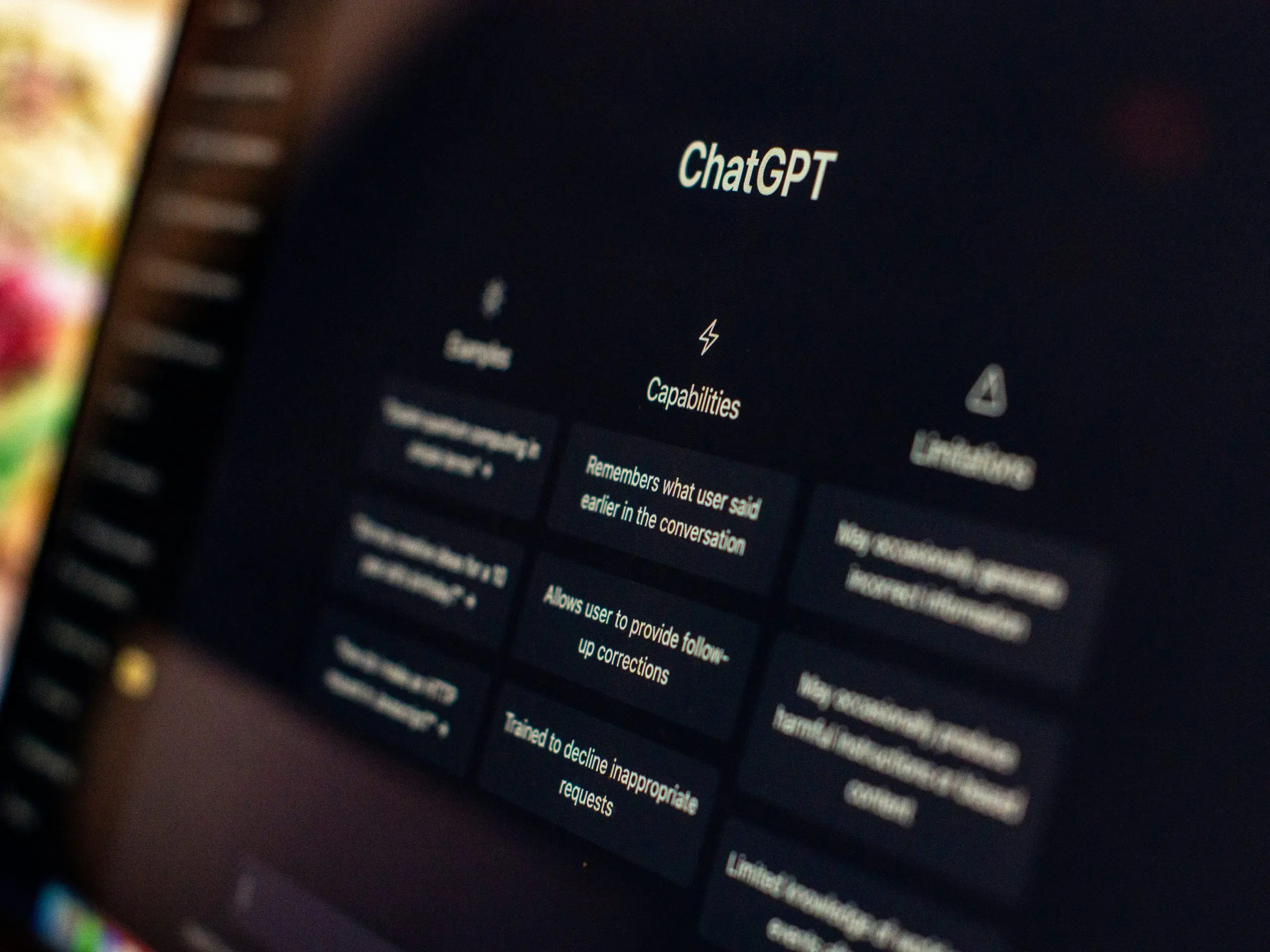

Most ChatGPT users can breathe easier after a federal judge ended a controversial order that forced OpenAI to save their deleted conversations for five months.
U.S. Magistrate Judge Ona T. Wang approved a joint motion on October 9 that frees OpenAI from the obligation to preserve all user chat logs indefinitely. The company can now delete conversations when users want them gone, just as it did before May.
But not everyone gets their privacy back.
OpenAI must still monitor and save chats from users whose accounts have been flagged by news organizations investigating copyright claims. These flagged accounts come from domains that plaintiffs identified while searching through millions of preserved chat logs.
The original preservation order came from a copyright lawsuit The New York Times filed against OpenAI in December 2023. The newspaper claimed OpenAI trained its artificial intelligence (AI) models on Times articles without permission. Several other news outlets joined the case, including The Intercept, Alternet, and Mashable’s parent company, ZiffDavis.
The Times argued that user logs might show ChatGPT reproducing their paywalled articles word-for-word. To investigate these claims, the court ordered OpenAI in May to save everything, even conversations users thought they had deleted.
OpenAI fought the order hard. Brad Lightcap, OpenAI’s Chief Operating Officer, called it a “sweeping and unnecessary demand” in their “baseless lawsuit” back in June. The company warned that keeping all this data could threaten user privacy and create security risks.
ChatGPT users tried to intervene in the case multiple times. Courts denied their attempts each time, ruling they were “non-parties” to the lawsuit.
News organizations began digging through the preserved logs in July, focusing only on ChatGPT’s outputs rather than on what users typed. They searched for examples of the chatbot copying their articles or spreading false information while citing their publications.
All conversations saved between May 13 and September 26 will stay accessible to the plaintiffs. This means millions of deleted chats from that period remain part of the investigation.
The preservation order’s end doesn’t resolve the bigger copyright battle. OpenAI faces multiple lawsuits from authors, artists, and media companies who claim the AI company used their work without permission to build ChatGPT.
For regular ChatGPT users, the decision means their future deleted conversations will actually be permanently deleted. That’s unless they’re unlucky enough to use an account or domain that catches the plaintiffs’ attention. News organizations can flag additional domains as they continue their investigation, potentially roping in more users.
The copyright lawsuit itself continues, with both sides preparing for what could become a landmark case about AI training and intellectual property rights.
Microsoft, OpenAI’s biggest investor and co-defendant in the case, is currently trying to keep its AI assistant Copilot out of the litigation entirely.
